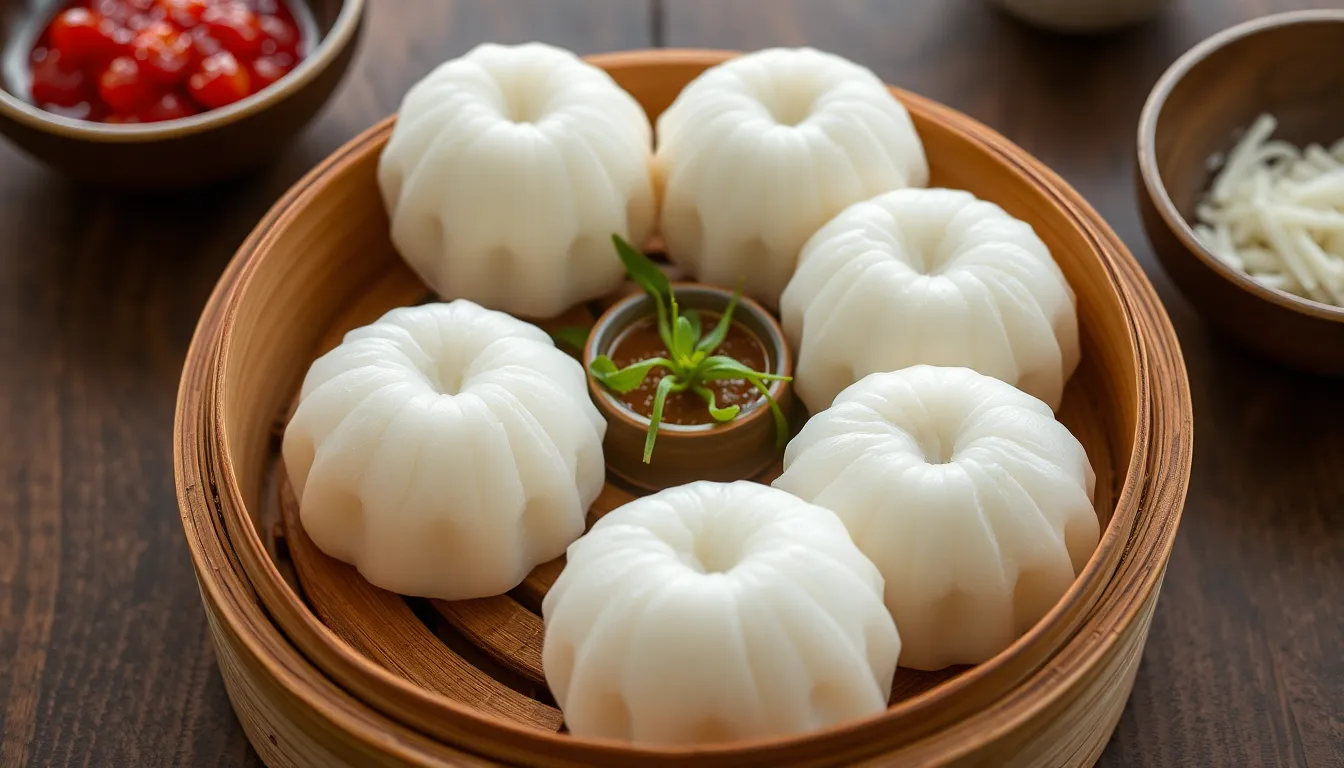The Best Grains for Supporting Healthy Metabolism
Introduction
Metabolism plays a crucial role in maintaining overall health, affecting everything from weight management to energy levels. It refers to the chemical processes within the body that convert food into energy, enabling us to perform daily activities. A well-functioning metabolism is essential for sustaining health and vitality.
Interestingly, the type of grains we consume can significantly impact our metabolic functions. Whole grains, in particular, have been shown to support metabolic health due to their rich nutrient profile. In this article, we will explore the best grains that promote a healthy metabolism and how you can incorporate them into your diet.
Section 1: Understanding Metabolism
Metabolism encompasses all the biochemical processes that occur in our bodies to maintain life. It includes two primary components: anabolism (the building-up processes) and catabolism (the breaking-down processes). Together, these processes convert food into the energy required for growth, repair, and daily functions.
Factors Influencing Metabolism
- Age: Metabolism tends to slow down as we age, making it important to monitor dietary intake and physical activity.
- Activity Level: Regular exercise can boost metabolic rate; those who are active typically have a higher metabolic rate.
- Genetics: Some individuals naturally have a faster or slower metabolism due to genetic factors.
Diet also plays a critical role in determining metabolic rate. Certain foods can increase the metabolic process, while others can slow it down. This highlights the importance of making informed dietary choices to support a healthy metabolism.
Section 2: Why Choose Whole Grains?
Whole grains differ significantly from refined grains. While refined grains undergo processing that removes the bran and germ, stripping away essential nutrients, whole grains retain all parts of the grain, making them a far superior choice for health.
Nutritional Benefits of Whole Grains
- High Fiber Content: Whole grains are rich in dietary fiber, which helps regulate digestion and maintain healthy blood sugar levels.
- Vitamins and Minerals: They provide essential nutrients including B vitamins, iron, magnesium, and antioxidants.
- Satiety and Weight Management: The fiber in whole grains can enhance feelings of fullness, aiding in weight management.
Research has shown a strong connection between whole grains and metabolic health. Their nutrients support energy production, reduce inflammation, and promote healthy blood sugar levels, all of which are vital for a well-functioning metabolism.
Section 3: The Best Grains for Metabolism
Now that we understand the importance of whole grains, let’s explore some of the best options that specifically support metabolic health. Below is a table summarizing these grains, their nutritional benefits, and how they contribute to a healthy metabolism.
| Grain | Nutritional Benefits | How It Supports Metabolism |
|---|---|---|
| Quinoa | High in protein, fiber, and essential amino acids | Boosts energy and aids in muscle repair |
| Brown Rice | Rich in magnesium and B vitamins | Supports energy production and metabolic processes |
| Barley | High in fiber and antioxidants | Helps regulate blood sugar and maintain energy levels |
| Oats | Contains beta-glucan fiber and protein | Enhances satiety and boosts metabolism |
| Bulgur | Low in calories, high in fiber | Promotes digestive health and weight management |
Section 4: Incorporating Grains into Your Diet
Incorporating whole grains into your meals can be both delicious and beneficial for your metabolism. Here are some tips and suggestions for preparing and enjoying these nutritious grains.
Tips for Cooking and Preparing Whole Grains
- Rinse Grains: Always rinse grains such as quinoa before cooking to remove any bitter residue.
- Use Broth for Cooking: Cooking grains in vegetable or chicken broth adds flavor and nutrients.
- Experiment with Textures: Some grains can be cooked al dente for a chewy texture, while others are best fully cooked and soft.
Meal Suggestions Featuring Highlighted Grains
- Quinoa Salad: Combine cooked quinoa with fresh vegetables, herbs, and a light vinaigrette for a refreshing salad.
- Brown Rice Stir-Fry: Sauté vegetables and your protein of choice with cooked brown rice for a quick, nutritious meal.
- Barley Soup: Add barley to vegetable or chicken soup for added texture and fiber.
- Overnight Oats: Mix oats with yogurt and fruit, and let them soak overnight for a nutritious breakfast.
- Bulgur Pilaf: Cook bulgur with onions, garlic, and spices for a hearty side dish.
Ideas for Snacks Using Whole Grains
- Oatmeal Cookies: Bake cookies using oats, bananas, and nut butter for a healthy snack.
- Rice Cakes: Top whole grain rice cakes with avocado or nut butter for a filling snack.
- Homemade Granola: Make granola with oats, nuts, and honey for a crunchy topping or snack.
Section 5: Other Foods that Support Metabolism
While whole grains are important, they should be part of a balanced diet that includes a variety of other nutrient-dense foods. Here are some additional types of foods that can support metabolic health:
Fruits and Vegetables
- Berries: High in antioxidants and fiber, they can aid in regulating blood sugar levels.
- Leafy Greens: Packed with vitamins and minerals, they support overall health.
Protein Sources
- Lean Meats: Chicken and turkey provide essential amino acids for muscle repair and growth.
- Legumes: Beans and lentils are high in protein and fiber, supporting digestion and satiety.
Incorporating a mix of these foods along with whole grains can create a wholesome diet that optimizes metabolism and promotes overall health.
Conclusion
Choosing the right grains can significantly influence your metabolic health and overall well-being. Whole grains like quinoa, brown rice, barley, oats, and bulgur are not only nutritious but also versatile, making them easy to incorporate into your meals.
We encourage you to experiment with these grains in your cooking and discover new recipes that excite your palate. Share your favorite grain-based recipes in the comments below, and let’s inspire each other to enjoy delicious, healthy meals!
Additional Resources
- The role of whole grains in the diet: A review
- Whole grains and metabolic syndrome: A review
- Dietary fiber and weight regulation: A review




